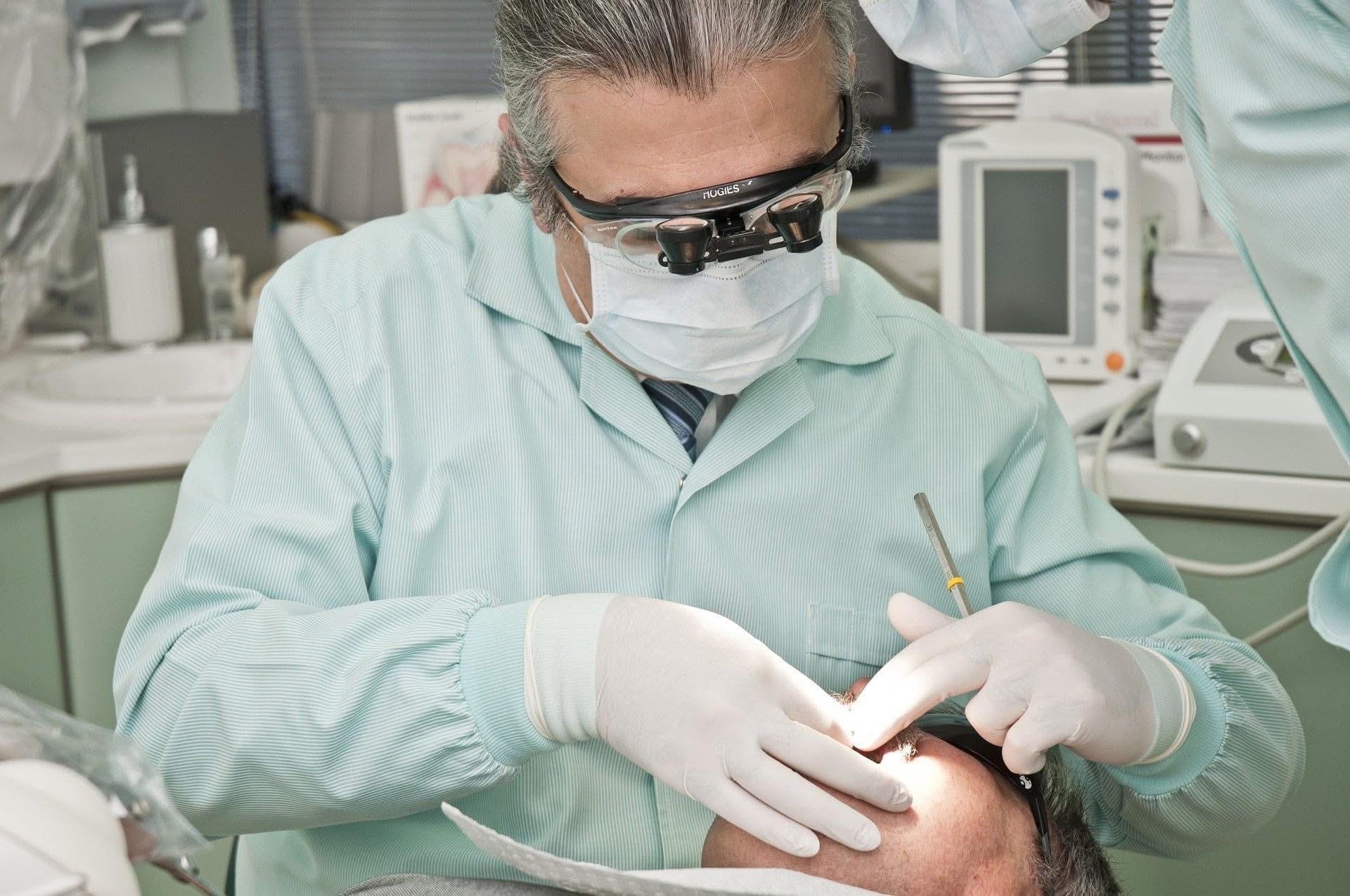Leaky gut syndrome is a condition characterized by a damaged intestinal wall. As a result of this damage, the contents of the small intestine slowly leak into the abdominal cavity and circulate throughout the body. This can cause much larger health issues, because under digested food particles and bacteria can accumulate and disrupt normal, healthy body function.
As research in this field continues, scientists increasingly believe that leaky gut syndrome may lead to abdominal cramps, pains, anxiety, depression, bi-polar disorder, and other mental health issues. A leaky gut can also impair the natural absorption of nutrients, which ultimately deprives the teeth of essential minerals. In this way, a leaky gut can lead to tooth decay, dental caries, gum disease, and other issues simply by depriving the body of calcium, phosphorous, and other minerals that promote oral health.
How a Leaky Gut Forms
When medical professionals talk about a leaky gut, they are primarily referring to the health of the intestinal lining. At just about a cell in diameter, the intestinal lining is incredibly small. As food travels through the small intestine, important nutrients are drawn through the intestinal wall and fed into the bloodstream. From there, they are circulated throughout the body.
Unfortunately, the intestinal lining can become damaged (see 4 Main Causes of Leaky Gut Syndrome below). Once damaged, the intestinal wall can no longer contain the contents of the small intestine, many of which can be toxic to the rest of the body. As a result, individuals with a damaged intestinal lining may experience the following symptoms:
- Bloating
- Sensitivities to food
- Thyroid conditions
- Abrupt fatigue
- Arthritic pain
- Headache
- Rosacea, acne, and other skin conditions
- Digestive health issues
- Weight gain
- Type 1 Diabetes (i)
4 Main Causes of Leaky Gut Syndrome
There are several factors that can contribute to intestinal damage and leaky gut syndrome. They include:
1. Nutrition issues
Not surprisingly, the food items that are most damaging to the health of the small intestine are unnatural GMOs (genetically modified organisms) and foods that contain lectins. Lectins are special proteins that bind to sugar. In the natural world, lectins serve as a shield that protects plants from dangers like mold and parasites (ii). When ingested, however, lectins bind to the sugars that help the small intestine digest food. Over time, this damages the lining of the small intestine. According to medical professionals, high-lectin foods to avoid include un-sprouted grains, wheat, rice, spelt, and soy.
Foods do not have to contain lectin to be a problem, however. Gluten, the protein found in most whole grains, can likewise irritate the small intestine and cause damage over time. Conventional cows milk is also known to irritate the intestinal wall. Finally, processed sugar should also be avoided, as studies indicate it can fuel the growth of bad bacteria, candida, and yeast, all of which can damage the health of the small intestine.
2. Toxins
Most people will be surprised to learn that the average person comes into contact with more than 80,000 chemicals each year. Sometimes, these chemicals are ingested because shoppers fail to proactively avoid toxins in fruits, vegetables, and other fresh produce while shopping. According to Dr. Josh Axe, however, “the worst offenders for causing leaky guts include antibiotics, pesticides, tap water, aspirin, and NSAIDS (iii).
3. Dysbiosis
Dysbiosis is a medical term used to describe a bacterial imbalance in the gut. Often times, this bacterial imbalance is the most significant contributing factor to intestinal damage. For some individuals, bacterial imbalance starts before or during birth. In this scenario, it is likely the result of the mother’s own gut health or a birthing procedure, like a C-section. Healthy individuals can develop dysbiosis over time, too. Physicians cite many reasons for this condition, including the use of prescription antibiotics, chlorinated water, fluoride, and a diet that lacks healthy amounts of priobiotic (healthy) bacteria.
4. Stress
Finally, stress can also have a negative impact on the health of the small intestine. When left unmanaged, stress can build over time and slowly weaken the body. When this happens, the small intestine has an increasingly difficult time defending itself against bad bacteria, viruses, and inflammation, which ultimately leads to damage.
Reverse Leaky Gut Syndrome with the 4 R’s
In an article titled “4 Steps to Heal Leaky Gut and Autoimmune Disease,” Dr. Josh Axe describes 4 essential steps to nourish and revitalize the digestive system:
1. Remove foods and factors that damage the gut
2. Replace with healing foods
3. Repair with specific supplements
4. Rebalance with probiotics
In this article, we focused primarily on #1. By reviewing the guide above, patients will have the knowledge needed to identify and replace the “harmful factors” that might otherwise cause leaky gut syndrome and wreak havoc on total body health. Next week, join the Miami Dentist Blog for an exclusive follow-up article, in which we will examine the 3 remaining R’s for reversing and healing a leaky gut.
A Holistic Perspective on Nutrition, Dentistry, and Wellness
At Assure A Smile, we take a holistic approach to dentistry that focuses on empowering patients to make lifestyle choices that will have a profoundly positive impact on not just oral health, but on mental, emotional, and physical health as well.
To experience holistic dentistry firsthand, readers are invited to contact our friendly front desk at 305.274.004.
Sources:
(i) Vaarala O, Atkinson MA, Neu J (2008) ‘The ‘Perfect Storm’ for Type 1 Diabetes The Complex Interplay Between Intestinal Microbiota, Gut Permeability, and Mucosal Immunity’, Diabetes Journal, (57)10(2555-2562).
(ii) Axe, Josh MD. “4 Steps to Heal a Leaky Gut and Autoimmune Disease.” Accessed 1 October 2013.
(iii) See above.





